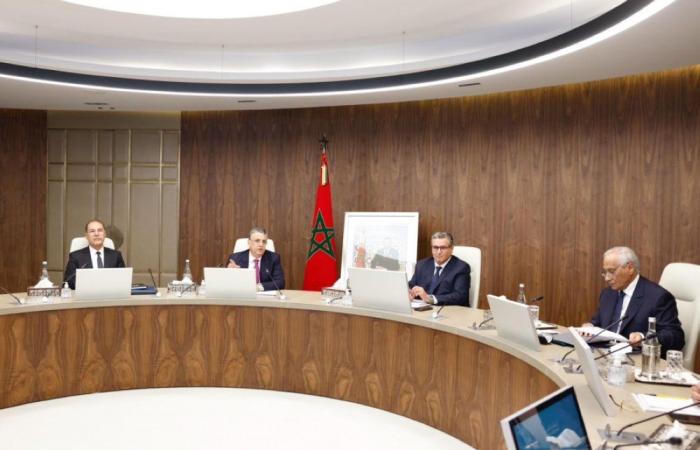In Morocco, penitentiary establishments are suffocating. Faced with this worrying reality, the publication in Official Bulletin No. 7328 of Law No. 43.22 relating to alternative penalties, on August 7, 2024, marked a decisive turning point. But the real challenge is still ahead of us: transforming this legislative ambition into operational reality within a time frame strictly regulated by law.
A regulatory race against time
A sophisticated operational architecture
Article 647-13 of Law No. 43.22 relating to alternative penalties highlights the need to define by regulation the methods of managing the electronic bracelet, including the financial aspects. This technological innovation, the cornerstone of the system, requires meticulous organization. “This approach constitutes an effective solution to relieve congestion in our prisons,” says the Minister of Justice, who sees it as “a qualitative leap in our penal system.” The text entrusts the prison administration, or any delegated entity, with responsibility for monitoring alternative sentences. A strategic partnership between the Caisse de dépôt et de gestion and the General Delegation to the Prison Administration is emerging to ensure this mission, both at central and local level.
Protection of the vulnerable and social reintegration
The law pays particular attention to minors, particularly in the context of sporting events. “We want to give citizens a second chance while fighting effectively against violence, particularly that against women,” underlines Abdellatif Ouahbi. This balanced approach nevertheless excludes perpetrators of serious crimes and repeat offenders from the system. The alternative penalties provided for include unpaid community service, daily fines of between 100 and 2,000 dirhams, and targeted restrictions on rights. A diversified legal arsenal which allows a proportionate and individualized criminal response.
A major logistical and financial challenge
Eight months before the legal deadline, the countdown is on. The success of this judicial revolution will depend on the capacity of institutions to quickly transform these ambitions into concrete reality, while respecting the strict legal framework imposed by the legislator. A major challenge for a project that could permanently redefine the face of criminal justice in Morocco.






